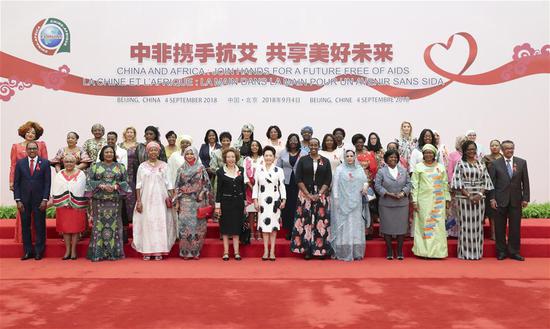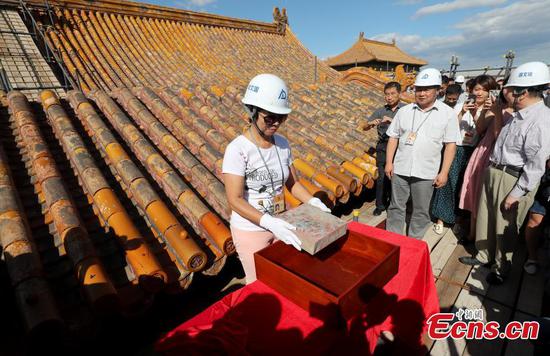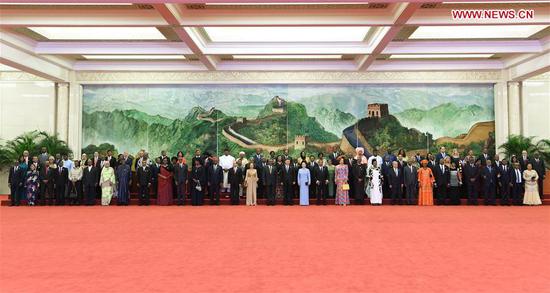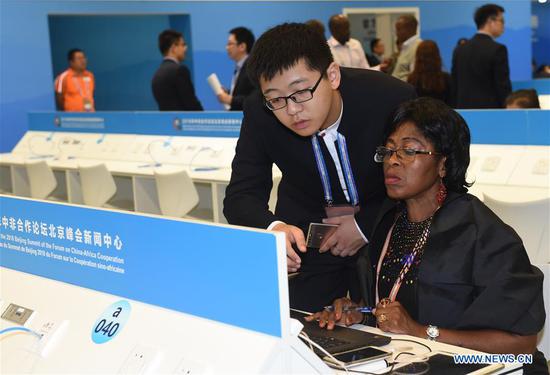Shares of two major Chinese telecom operators surged Tuesday amid reports that they would merge, although the two companies told the Global Times they are "not aware of the situation."
The country's top leaders are reviewing a proposal to combine State-owned telecom operator China United Network Communications Group Co, known as China Unicom and its major competitor, China Telecommunications Corp (China Telecom), Bloomberg reported Tuesday.
China Unicom's shares in Hong Kong surged 5.86 percent on Tuesday to HK$9.58 ($1.22) while China Telecom's shares were up 4.01 percent to HK$3.89.
The two telecom operators are reportedly exploring the possibilities of a merger deal to speed up 5G development.
"The company has noted the reports about a merger between China Unicom and China Telecom. It is not aware of the situation and has not received any related notification," China Unicom said in a statement sent to the Global Times Tuesday.
China Telecom also told the Global Times that it is not aware of the situation and had not received any notice.
However, industry insiders said such statements don't mean a merger is unlikely, as shown by previous cases.
In recent years, China Telecom and China Unicom have been enhancing partnerships in some of their business, and "we'd like to see a merger between these two to reduce competition in the industry," an employee who works with China Telecom told the Global Times Tuesday.
"However, we haven't received any confirmation on this matter yet," he said, declining to be identified as the matter is sensitive.
A merger would aim to ensure the companies' leadership in 5G development, an industry insider, who previously worked for a State-owned telecom company, told the Global Times.
"China Telecom and China Unicom have separate networks and hold smaller market shares compared with their rival China Mobile, and the combination will help them become more competitive in the 5G-era," he said.
The merger report came amid the ongoing trade tensions between China and the US, with the latter aiming at limiting China's technological advances. The two countries are locked in a race to be the first to deploy 5G networks.
Ma Jihua, an analyst with Beijing Daojing Consultant Co, told the Global Times on Tuesday that in theory, two telecom operators will be more efficient in deploying a 5G network than three telecom operators doing the same job.
However, the consolidation of two massive telecom companies, both in terms of the hard aspects such as assets and staff and soft aspects such as strategy, will take a very long time. As a result, the combined entity won't be able to meet a 2019 target, which is when China wants to meaningfully deploy 5G commercialization.
"In this sense, a merger could delay such deployment and cause it to be slower than keeping the two companies separate," Ma said.
One reason supporting such a possible merger could be the high cost in the initial stage of deployment of 5G, when each set of equipment installed on a telecom tower costs about 500,000 yuan ($73,129), according to Ma.
Compared with China Mobile, China Unicom and China Telecom have relatively weak capital bases.
However, the two could always work in partnerships and share the cost of deployment via cooperative agreements, and achieve the goal of fast-tracking deployment without entering the operational quagmire that would follow a merger, Ma noted.
China's 5G spectrum solutions will be announced in September, domestic financial news site cs.com.cn reported on Tuesday. Both China Unicom and China Telecom adopted the 3.5 GHz band while China Mobile took 2.6GHz and 4.9 GHz.
China Mobile accounted for 60 percent of China's mobile subscriber market share in 2017, while China Telecom and China Unicom held 19 percent and 21 percent, respectively, according to a research note by Singapore-based DBS Group.


















































